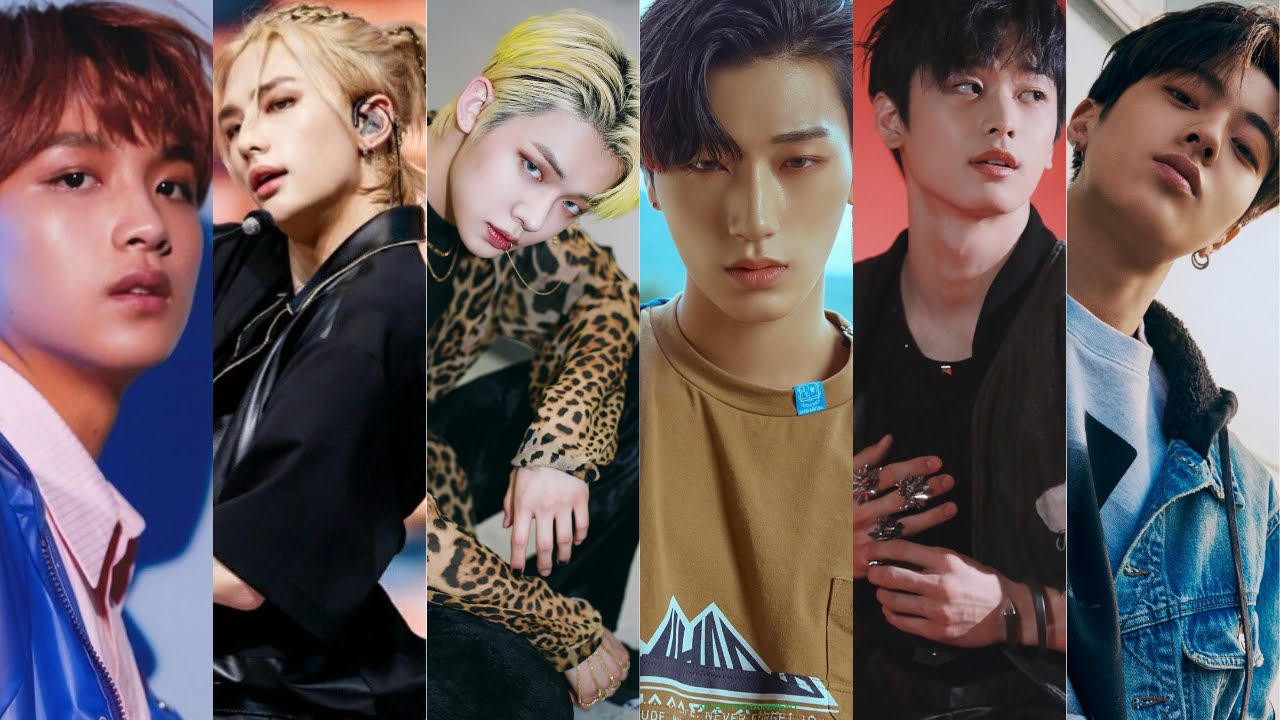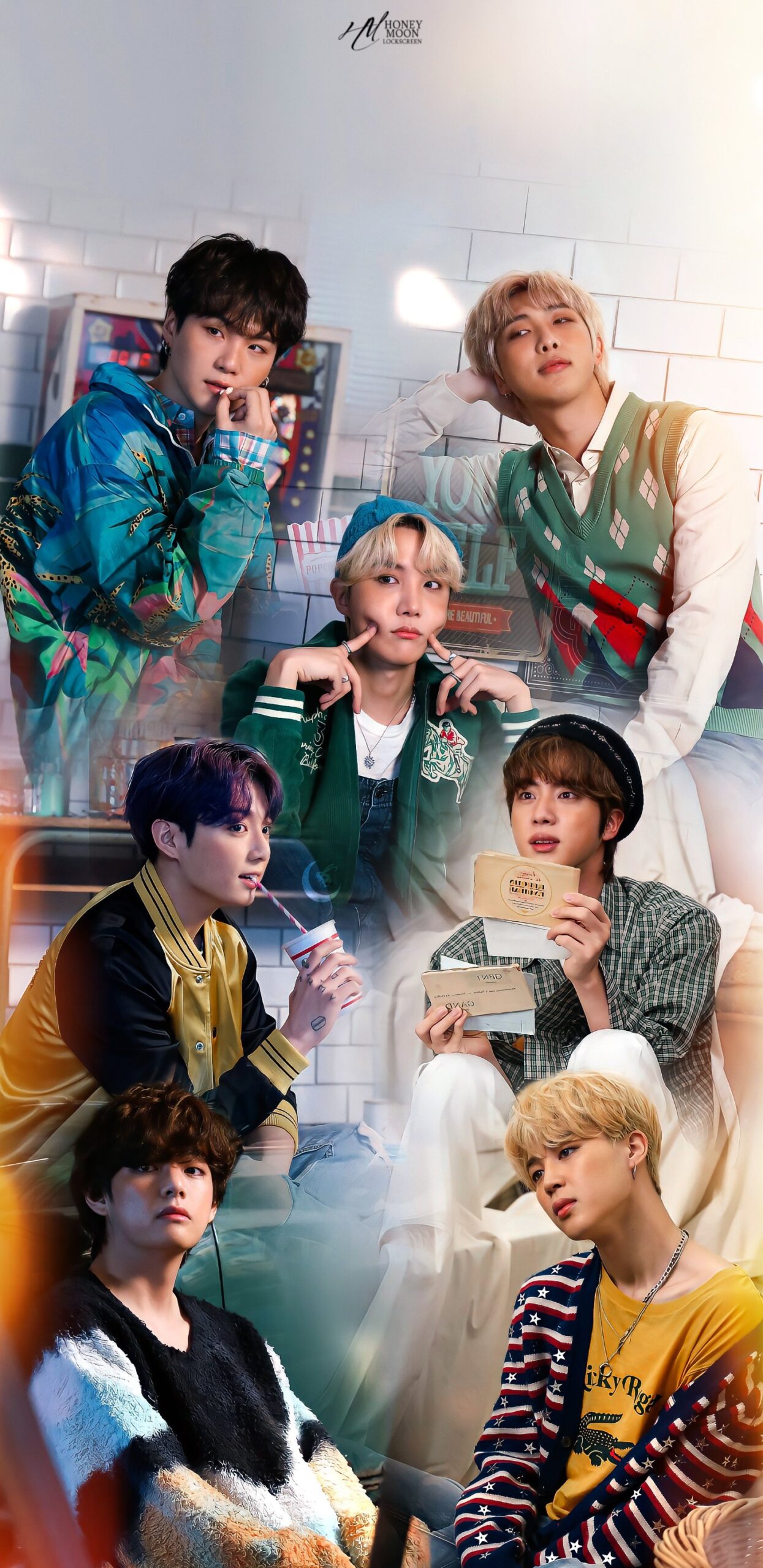Spotlight on K-pop's New Horizon: The Breakout Stars of 2024
2024 is shaping up to be an exhilarating year for K-pop, with fresh faces and innovative sounds. Join us as we spotlight the breakout stars who are redefining the genre.

Haruka's World
Haruka (EN)
Kpop has transcended its regional origins to become a global music powerhouse, captivating audiences worldwide with its infectious melodies, high-energy performances, and visually stunning music videos. As we move into 2024, a new generation of K-pop stars is emerging, ready to take the baton from legendary groups like BTS and BLACKPINK. This article shines a spotlight on these rising stars, exploring their contributions to the genre and the unique qualities that set them apart.
## **The Evolution of K-pop**
The story of K-pop is one of remarkable evolution and global influence. From its nascent stages in the early 1990s to its current status as a worldwide phenomenon, K-pop has continually adapted and innovated to captivate audiences around the globe.

### **Pre-2000s Origins**
The origins of K-pop can be traced back to the early 1990s, with Seo Taiji and Boys pioneering a new genre that blended Western pop, hip-hop, and R&B with Korean music traditions. This fusion set the stage for the genre's innovative nature, laying the groundwork for the future of K-pop.
### **The Second Wave: Expansion Globally**
The early 2000s saw the rise of the Hallyu Wave, with groups like TVXQ and Super Junior expanding K-pop's reach across Asia. This period marked the beginning of K-pop's journey towards global recognition, establishing a fanbase that transcended cultural and linguistic barriers.
### **The Third Wave: Global Domination**
The 2010s ushered in an era of unprecedented global success for K-pop, with groups like BTS and BLACKPINK breaking international records. Their achievements paved the way for K-pop to become a dominant force in the global music industry, influencing musical styles, fashion, and pop culture worldwide.

## **Spotlight on New K-pop Artists**
The year 2024 has introduced a fresh wave of talent that is redefining what it means to be a K-pop artist. Groups like TWS and RIIZE, along with solo acts like Hanni from NewJeans, are capturing the world's attention with their unique sounds and innovative approaches.
### **Breaking Through the Noise**
In a landscape as competitive as K-pop, new artists are finding creative ways to stand out. Utilizing social media platforms like TikTok, these artists are connecting with global audiences through viral challenges, behind-the-scenes content, and interactive fan engagement strategies.
### **Artistry and Identity**
Today's K-pop idols are more involved in the creative process than ever before, contributing to songwriting, choreography, and production. This hands-on approach allows them to craft a more authentic and personal artistic identity, resonating deeply with fans across the globe.
### **Collaborations and Cross-genre**
The new generation of K-pop is characterized by its willingness to experiment with different musical styles and collaborate with artists from various genres. These cross-genre collaborations not only showcase the versatility of K-pop artists but also contribute to the ongoing evolution of the genre.
## **The Impact of New Generation**
The influence of K-pop extends far beyond music, shaping fashion trends, beauty standards, and even social movements. The new generation of K-pop stars continues to wield significant cultural influence, driving global conversations around style, identity, and creativity.
### **Cultural Influence**
K-pop's global appeal has led to a surge in interest in Korean culture, language, and travel. The genre's worldwide popularity is fostering cultural exchange and understanding, bridging gaps between different communities and cultures.
### **K-pop's Economic Contribution**
The economic impact of K-pop is undeniable, with top groups contributing significantly to South Korea's GDP through album sales, concert revenues, and merchandise. The success of these artists also promotes other Korean industries, including fashion, cosmetics, and entertainment.
### **Fashion and Lifestyle Influence**
K-pop idols are fashion icons, setting trends and influencing global fashion and beauty standards. Their unique styles and aesthetics are eagerly adopted by fans around the world, further cementing K-pop's role as a cultural trendsetter.

## **Global Recognition and Awards**
K-pop artists are achieving remarkable success on the international stage, earning recognition at prestigious music awards and festivals. Their global achievements highlight the universal appeal of K-pop and its potential to transcend cultural and linguistic barriers.
### **Breaking Into Western Markets**
K-pop's penetration into Western markets is a testament to its global appeal. Collaborations with Western artists,
- **Achievements and Milestones**
Celebrate the milestones of the K-pop industry, with a nod to the lasting influence of groups like Girls’ Generation and the enduring legacy of BTS.
**Challenges Facing New Artists**
Address the realities of idol life, from the intensity of training to the pressures of maintaining an image in a digitally-focused world.
- **The Pressure of Fame**
Discuss the mental health challenges and the high stakes of fame for idols, reflecting on the industry's evolution in supporting artist well-being.
- **Navigating the Industry**
Offer insights into the business of K-pop, examining the balance between artistic integrity and commercial success.
**Future of K-pop with New Artists**
Envision the future shaped by diverse influences and the global community's role in sustaining the K-pop phenomenon.

- **Sustainability and Evolution**
Contemplate the genre's adaptability and its fusion with other music styles, ensuring K-pop's place in the ever-changing landscape of global music.
- **The Role of International Fans**
Acknowledge the power of international fans, whose dedication and activism fuel K-pop's global expansion and cultural resonance.
**Conclusion**
As K-pop continues to soar on the wings of its new generation, the genre promises a dynamic future filled with innovative music, cultural exchange, and the breaking of even more boundaries.
**FAQs**
1. How are new K-pop groups like TWS and RIIZE differentiating themselves from predecessors like EXO and SHINee?
2. What impact does the global success of BTS and BLACKPINK have on the expectations for new K-pop artists?
3. How does the international K-pop community contribute to the genre's global presence?
4. In what ways are the latest K-pop groups influencing global fashion and lifestyle trends?
5. How important are international collaborations and cross-genre projects for the future of K-pop?
6. What challenges do new K-pop artists face in the industry, and how are they navigating them?
Share with others
Comments
Recent Posts
Recently published articles!




